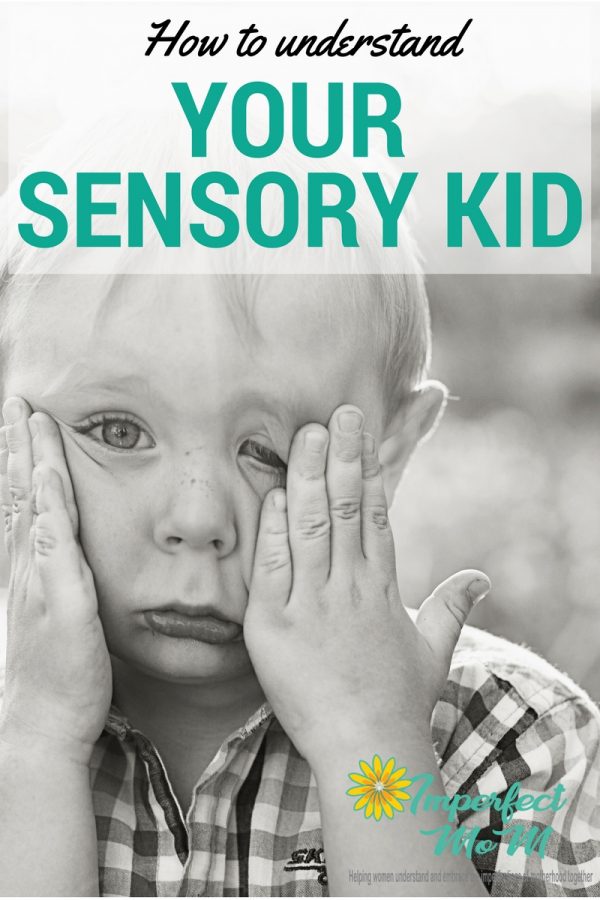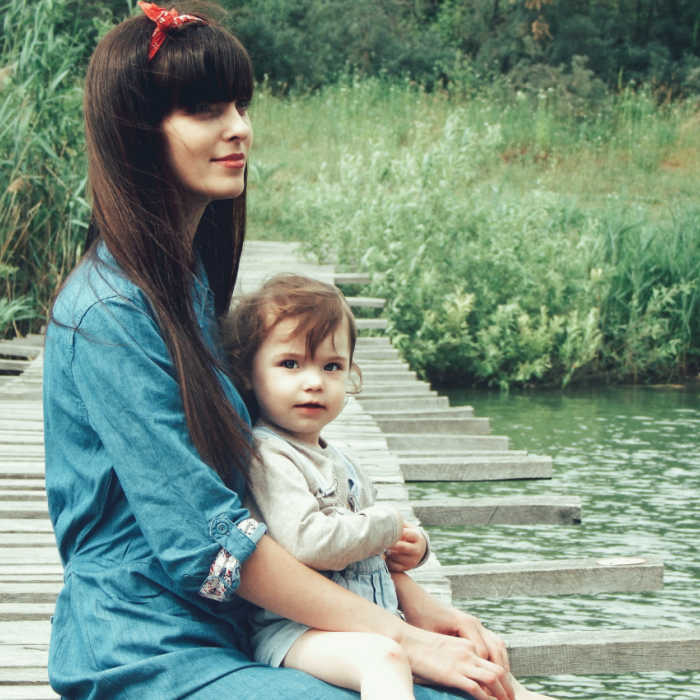How to Understand Sensory Kids
How can a parent understand sensory kids?
In the past few weeks I’ve been asking different people what it means to truly understand sensory differences they’ve noticed with their kids.
I’ve received responses like these:
“Understanding” [my daughter] would mean knowing what her body and mind needs when she pulls her hair, refuses to sit/stay buckled in a car seat, or is overly rough with her cousins/sister.
I want my daughter to know I’m here to help her.
I feel it might help to overcome our constant daily battles and make life more enjoyable and less stressful for all the family
I have struggled with feeling guilty, feeling bad about making my son eat or try certain foods, meal times are a struggle every single day. Understanding would help ease that guilt.
Hearing those responses really pulled at my heart strings as I think of my own relationship with my little one with sensory differences.
Before I tell you more, let me share two quick stories…

Four years ago I remember one day sitting on my couch, tears flowing down my cheeks as I watched my son screaming in a mother-of-all meltdowns.
I watched exhausted after trying everything I could think of but in the end having no idea what to do.
It happened regularly.
He wasn’t happy.
I didn’t know how to help.
We were both miserable.
I didn’t understand.
Neither did he.
Fast forward to two weeks ago, that same kid is now 6.
He was having a rough morning, “hating” everything and letting everyone know exactly how he felt.
I respect his need to voice is disappointment, but when he chooses to threaten or be hateful, I step in.
At this point he was in meltdown mode, tears streaming down his cheeks, still “hating” everything in life.
I understood.
His body was in sensory overload.
I picked him up to remove him from the situation, he protested verbally, but physically he wrapped his arms and legs around me clutching on to me for support.
He understood, I was there to help.
We walked into a quiet room where I put him down and let him vent.
I asked questions, we talked about respecting people, he wasn’t thrilled, but he understood.
After about 3 or 4 minutes the crying subsided, he looked at me, held his arms up for me to hold him in a tight bear hug while we gently bounced and swayed back and forth.
This is a regular routine we do when he becomes upset.
No words need to be spoken.
We both understand.
The difference in the two situations is drastic.
We still have our moments of tantrums, disagreements, and unpleasant exchanges, but most of the time, we have a deep understanding and support for one another.
He can look at me during a sensory meltdown and with one gesture, he and I know exactly what he needs.
He knows he can come to me for support without pressure.
I know when to push and when not to push.
We get each other.
How To Understand Sensory Kids
How did that happen?
I started learning about sensory differences, how they were manifested in my son, and exactly how to address them when they reared that oh-so-common ugly head.
I don’t respond perfectly every time.
I am still a mom who makes mistakes and allows my emotions to get the best of me at times, but more often than not, I get him, and he trusts me.
For the past three years I have researched, tried, failed, and lived the life as the parent of a child with sensory differences.
I have learned the common triggers that are manifested in kids, what sensory system those behaviors are associated with, and how to support them.
I’m not perfect, but I do understand.
Be sure to learn more about Sensory Processing Disorder and my parenting tips on how to support your child with sensory challenges.
If you aren’t sure if your child’s behaviors are sensory related, check out this post by Alisha Grogan about Sensory Red Flags.
For further reading about Sensory Processing Disorder:
The Out-of-Sync Child: Recognizing and Coping with Sensory Processing Differences Raising a Sensory Smart Child: The Definitive Handbook for Helping Your Child with Sensory Processing Issues
Raising a Sensory Smart Child: The Definitive Handbook for Helping Your Child with Sensory Processing Issues Understanding Your Child’s Sensory Signals: A Practical Daily Use Handbook for Parents and Teachers
Understanding Your Child’s Sensory Signals: A Practical Daily Use Handbook for Parents and Teachers The Out-of-Sync Child Has Fun, Revised Edition: Activities for Kids with Sensory Processing Disorder
The Out-of-Sync Child Has Fun, Revised Edition: Activities for Kids with Sensory Processing Disorder
About the Guest Author
This post originally appeared on WendyBertagnole.com and is reprinted with permission.
With an undergraduate degree in child development, and a master’s degree in special education, this foundation was a springboard for Wendy in helping kids and families to see the root of any challenges they face.






